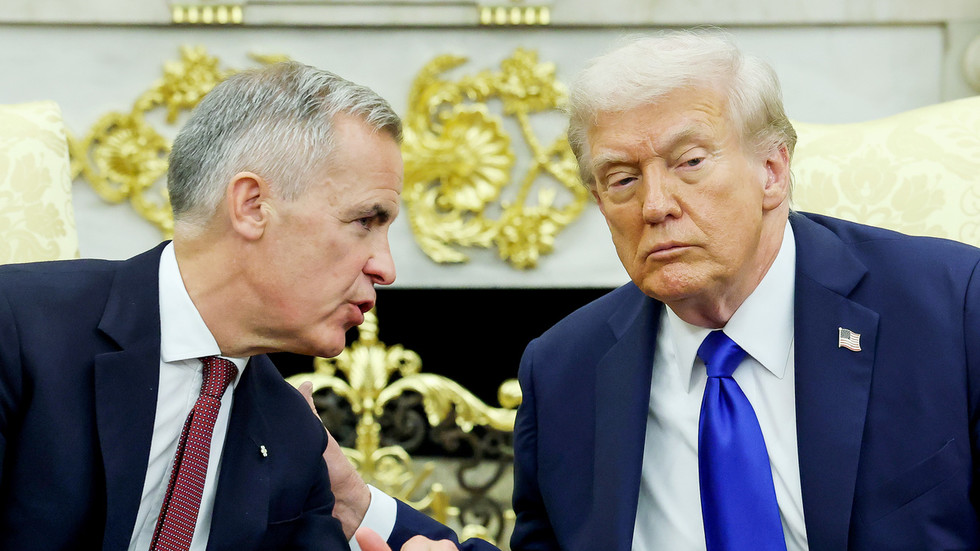In a thrilling Carabao Cup semi-final second leg encounter between Chelsea and Middlesbrough, Mauricio Pochettino, Chelsea’s manager, expressed concerns over the risky playing style of winger Mykhailo Mudryk. The match saw Chelsea secure a resounding 6-1 victory, propelling them into the Carabao Cup final.
Pochettino’s decision to substitute Mudryk at halftime raised eyebrows among football enthusiasts. Shedding light on this move during a post-match interview, Pochettino stated, “If you watch the game, he got a yellow card. He got a yellow card and then there was an action at the end of the first half that was too risky, he nearly touched the opponent and got a second [yellow card], and we did not want to take a risk with him.”
The manager further elaborated, “I think it was an unnecessary risk to have him on the pitch. That was why we changed him.” This revelation provides insight into the strategic considerations and risk management employed by the Chelsea coaching staff during the high-stakes encounter.
As Chelsea looks ahead to the Carabao Cup final, the team’s next challenge awaits in the form of a clash with either Liverpool or Fulham. Additionally, their upcoming FA Cup fourth-round fixture against Aston Villa at Stamford Bridge is poised to test their mettle.
The developments in the Carabao Cup not only reflect the competitive spirit of football but also underline the critical role of managerial decision-making. Pochettino’s tactical acumen and emphasis on risk mitigation underscore the complexity and nuance of elite-level football management.
With Chelsea’s advancement to the Carabao Cup final, the spotlight now shifts to their pursuit of silverware and the enduring impact of Pochettino’s calculated strategies on the team’s fortunes.



